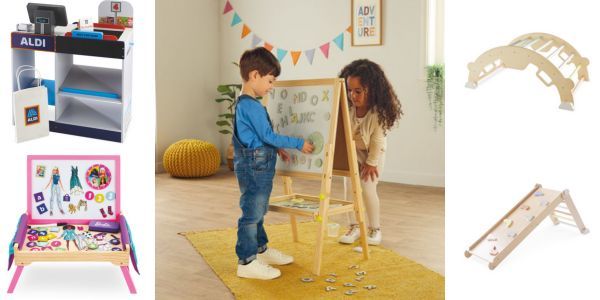

Preparing to welcome a new life into the world is always fraught with challenges and concerns. You want everything to be perfect for your little one, and when you’re expecting a baby with a disability, you need to tailor your home and life to meet those unique circumstances. Here is important information to help you and your baby thrive.
Become educated and informed. For many parents, finding out their baby will be born with a disability can be overwhelming. In order to give yourself better grounding, one suggestion is to make familiarizing yourself with your baby’s diagnosis a priority. As Adoption Network points out, by better understanding the disability and learning all you can about potential symptoms and your baby’s unique needs, you can better prepare to administer to and advocate for your little one.
Modify your home. Depending on your situation, you might need to make home modifications with your child in mind. Some homeowners look to make their homes more accessible, such as with improved lighting, adding a wheelchair ramp, and by widening hallways and doorways. Flooring is another potential concern, since carpet can be difficult to navigate with assistive devices. Hard surfaces or low-pile carpet offer better maneuverability.
It’s helpful to do some research ahead of time to get an estimate of modification expenses. A big remodel to improve accessibility can be costly, but there are some small modifications which can be made inexpensively. Replacing flooring, installing grab bars in the bathroom, or adding a threshold ramp to an entryway may be affordable starting points. Prices can vary widely. For instance, the average cost of adding a wheelchair ramp is $1,604, whereas threshold ramps can be found for closer to $100. Evaluate your needs in light of your remodeling budget to decide what your best options are—for both the short and long term.
Finances, insurance, and such. When you have a child with a disability, sometimes that means preparing a financial plan to meet your child’s needs throughout life. For example, you may want to prepare a will trust for your baby, which can protect your child should you become impaired or deceased before your child. You will need to designate a set of trustees, in the event your first choice for trustee is unable to tend to your child. Talk with potential trustees and have names and contact information prepared when you meet with your solicitor. Depending on your child’s particular disability, you also might be considering private insurance in order to have better access to specialized care. There are certain government-based financial support options to help with your particular situation as well, such as with transportation and housing.
Tend your physical needs. Participating in self-care can seem like a luxury to parents of children with disabilities. Often mum and dad spend so much time and energy tending to their little one, they neglect activities designed to keep themselves healthy and happy. However, as the Washington Post explains, a self-care plan is vital to your own well-being. Depleting your own reserves can leave you vulnerable to illness or without the ability to be as effective in your parenting role. Participate in a daily regimen of healthful practises. Ensure you get enough sleep, eat a balanced diet, and get some exercise. During pregnancy, women should take special care to embrace a nutritious and adequate diet, maintain normal levels of activity, and avoid taking medications unless recommended by their physician. Always follow your physician’s instructions regarding health and lifestyle recommendations to ensure your best health during and after pregnancy.
Stay in touch with your status. Parents of children with disabilities are often burdened with particular concerns and can be at risk for stress and depression. It’s important to recognize symptoms indicating you need help. For instance, exhaustion, becoming isolated, negative thought patterns, and feeling lonely can mean you are facing burnout and mental strain. Many parents of special needs children also face feelings of guilt, loss, or grief. Do some soul searching, stay alert to unhealthy cycles, and reach out for help when you need it.
Your life is about to change with the addition of your little one. Learn what you can do to best meet needs now and in the future. While circumstances might be daunting, with some preparations, you can go forward with confidence.


.png)







